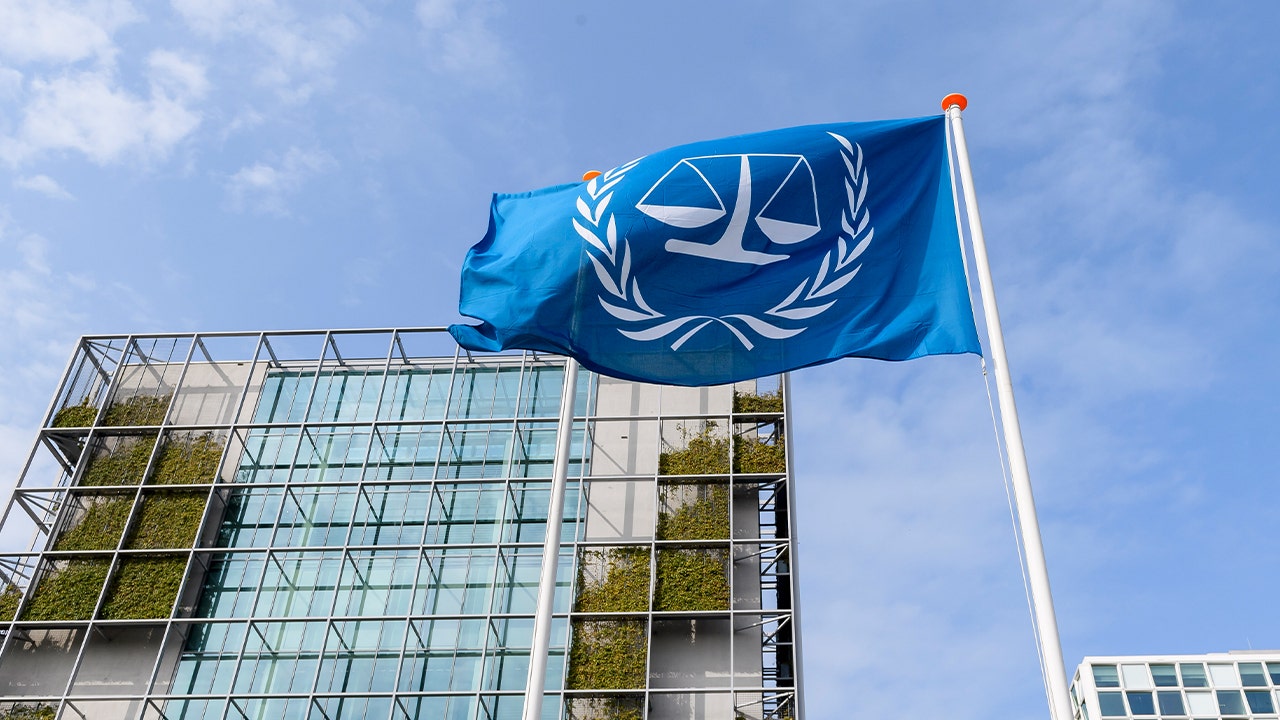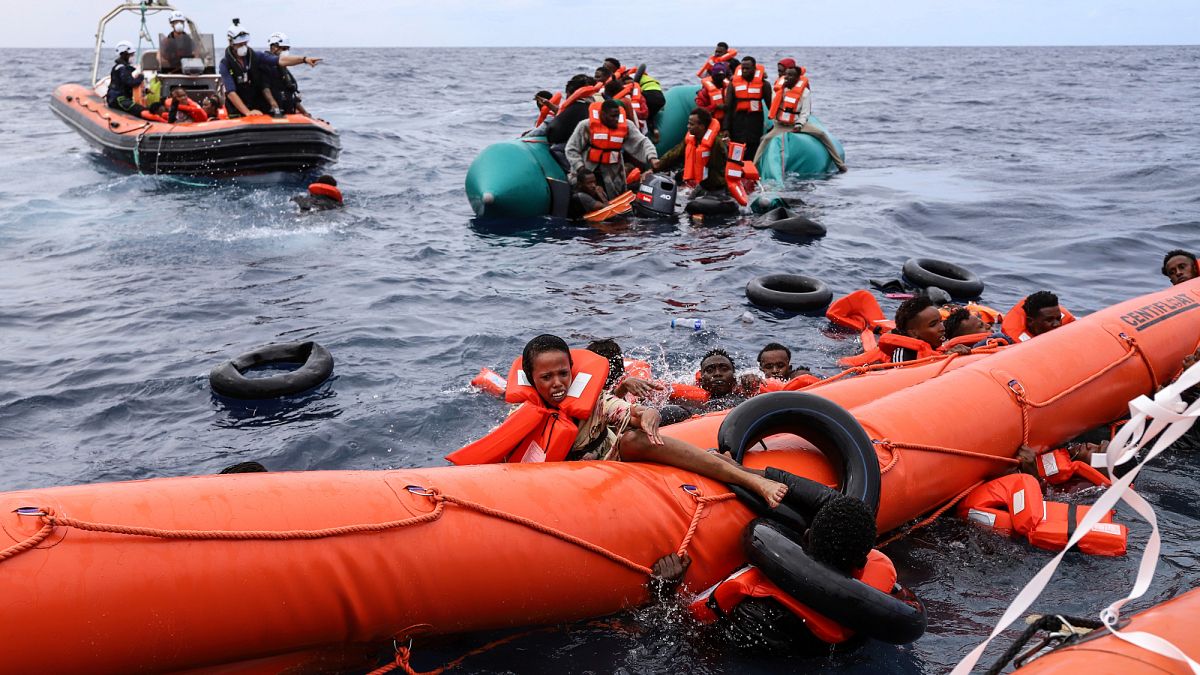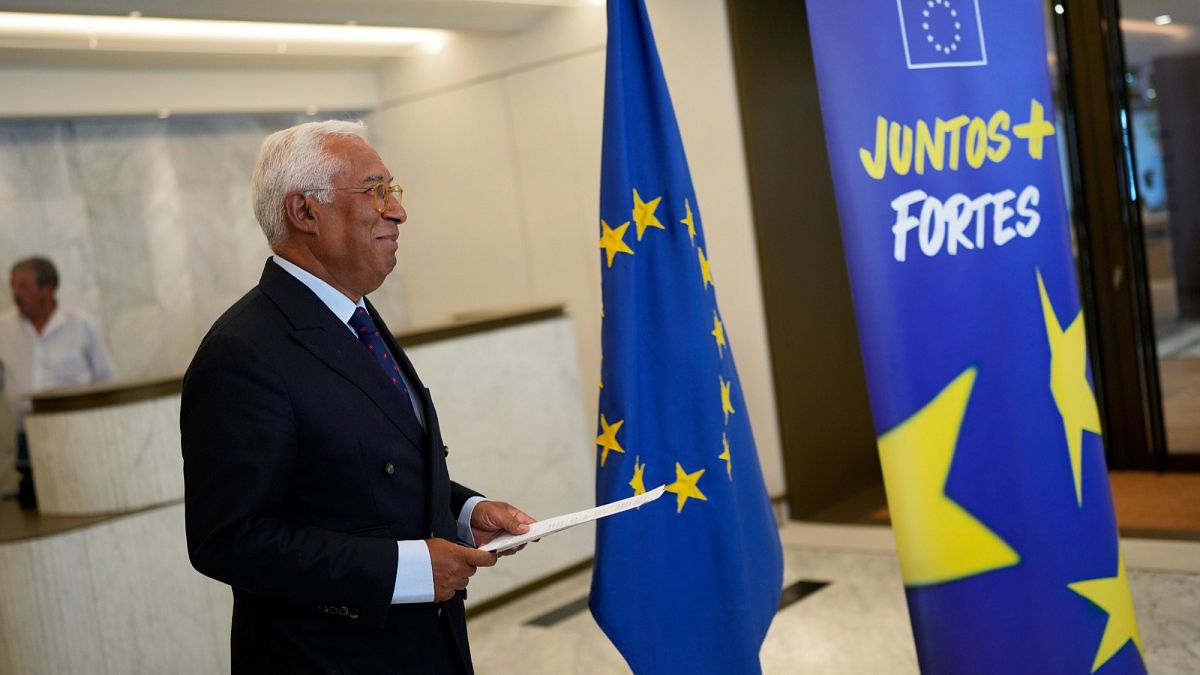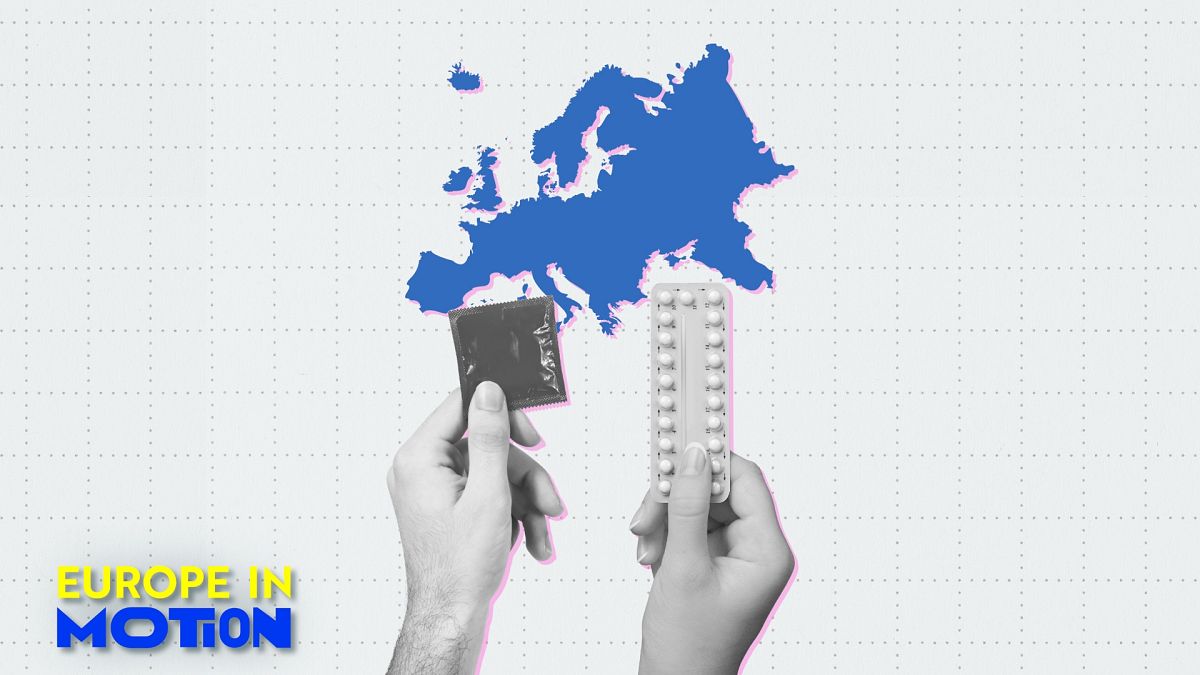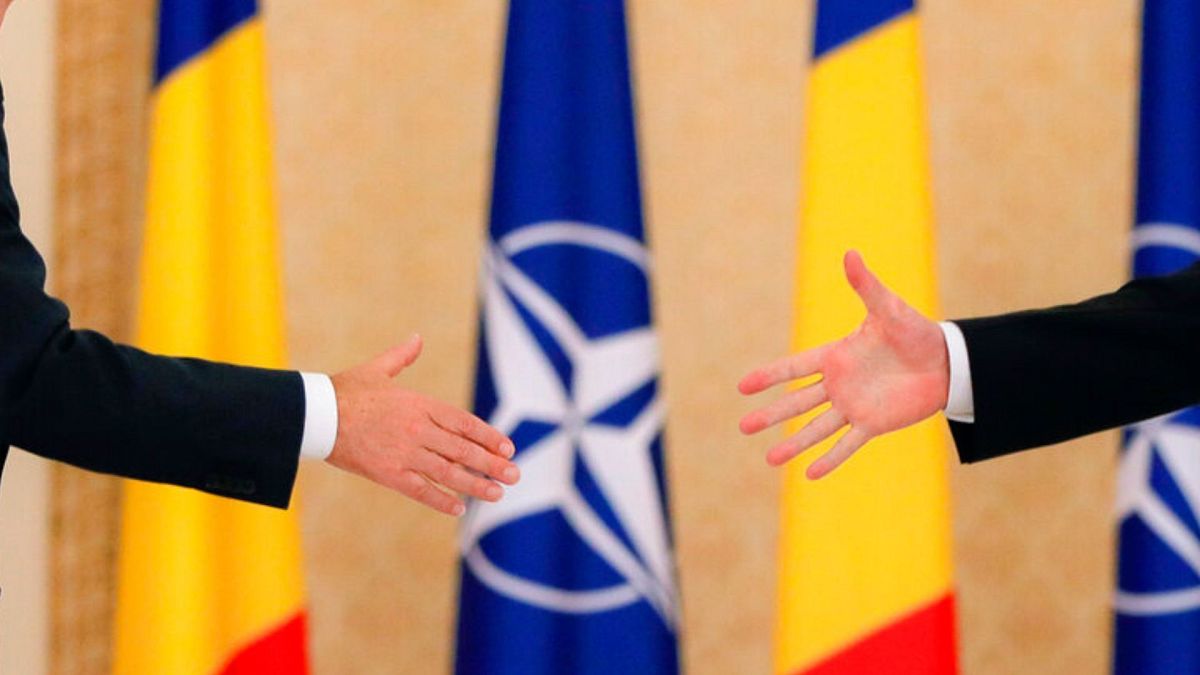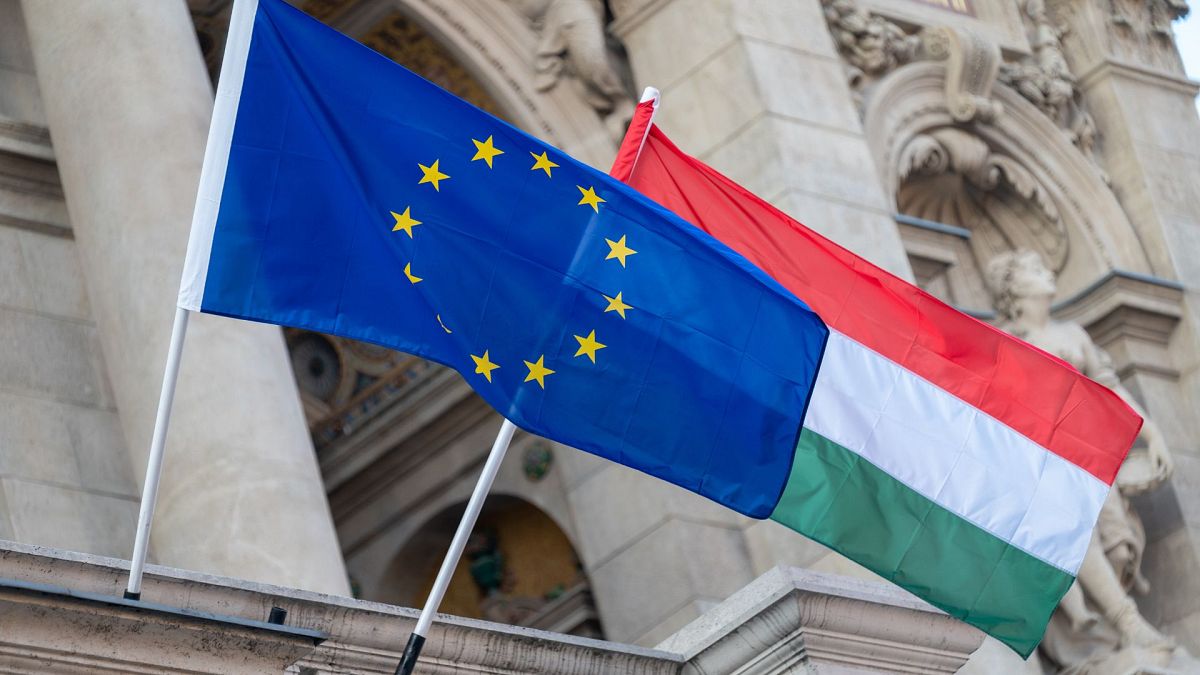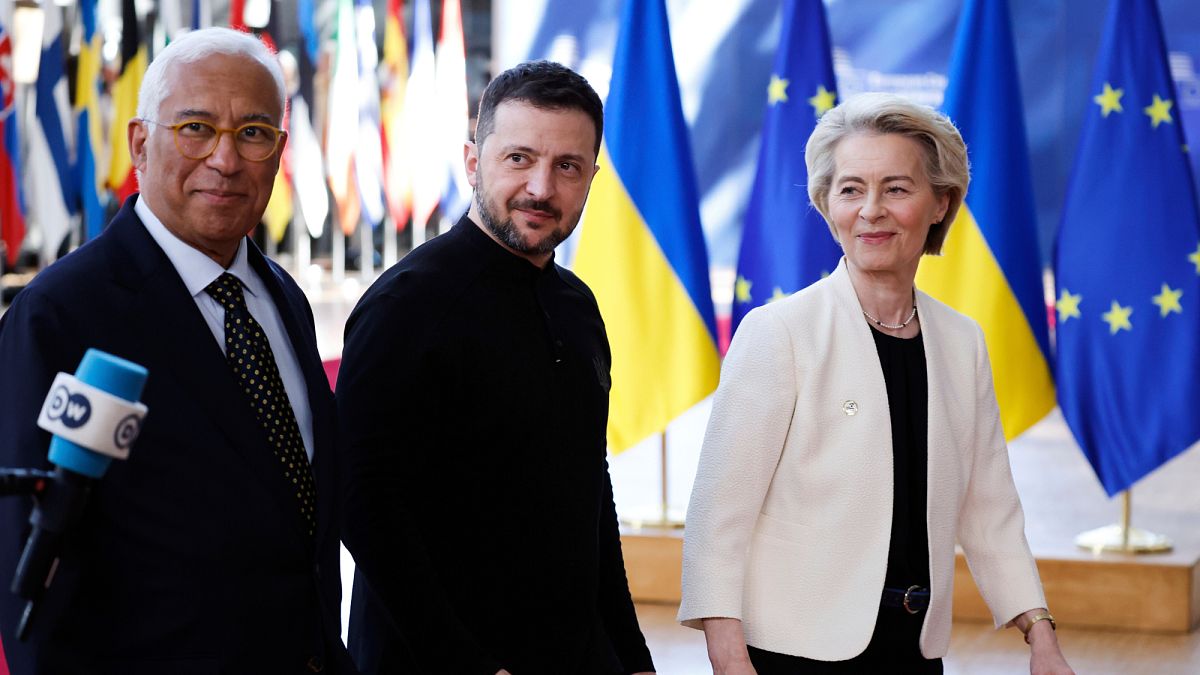Published on
The European Union’s commissioner for migration says Europe will take a “firm” approach with authorities in Libya following a spike in illegal migration across the Mediterranean.
Commissioner Magnus Brunner plans to travel to Libya next week with government representatives from Greece, Italy and Malta, seeking tougher measures from Libyan authorities to stop boats carrying migrants from leaving for Europe.
“That is actually a question which bothers us quite a lot at the moment. Libya is, of course, at the top of the agenda and we’re traveling together to Libya next week because we have to be fast, I think, and firm,” Brunner said at a conference in Athens on Tuesday.
Brunner, who discussed the upcoming visit at a meeting with Greek Prime Minister Kyriakos Mitsotakis, said the delegation would meet with representatives from both the United Nations-recognised government in western Libya and the rival authority in the east.
Libya has been divided for years between rival administrations in the east and west, each backed by armed groups and foreign governments.
Greece recently announced plans to send warships to international waters in the region following a surge in crossings from Libya to the southern Greek island of Crete, a more perilous route than the more frequently used passage between Turkey and nearby Greek islands.
In 2023, hundreds died when the fishing trawler Adriana, carrying migrants from Libya to Italy, sank in waters off Greece.
Libya is a key departure point for dangerous sea crossings to Europe and severe human rights abuses of refugees and migrants, including torture, have been widely documented in the country.
The United Nations refugee agency (UNHCR) said that in 2021, 32,400 refugees and migrants had made the crossing from Libya to Europe, more than twice as many as in 2020.
In April, European Commission President Ursula von der Leyen proposed to increase staffing for Frontex, the EU’s external border and coastguard agency, by 30,000, a number that could provide a significant boost in its mission to secure Europe’s external borders.


